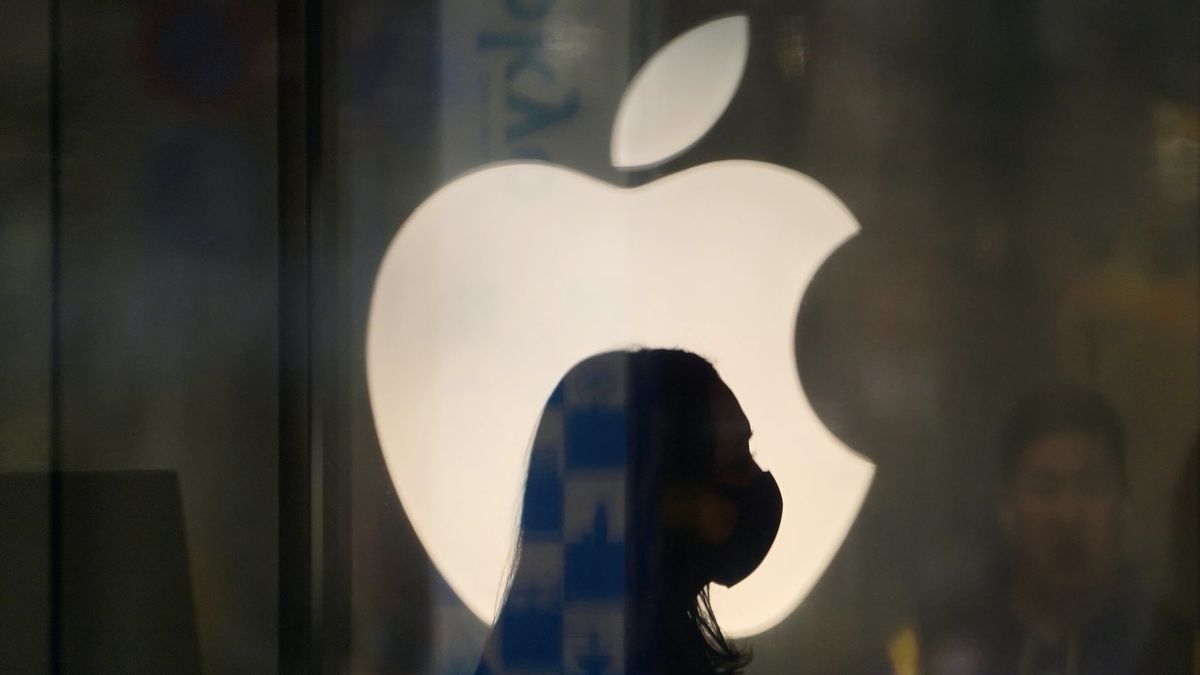iPhone 12 delay: you may have to wait longer for Apple's 2020 hero
The severity of Apple's challenges amid the coronavirus pandemic is starting to become clear – and it’s not looking great.

Apple is pushing back the production ramp-up of four new iPhone models by about a month, Dow Jones reported Monday, citing unidentified people familiar with the company's plans.
The firm is also cutting by as much as 20% the number of handsets that it plans to make in the second half of this year, and it's unclear whether the amount that won’t be manufactured in 2020 would be pushed back into 2021.
The 2020 release of the iPhone faces a double whammy of trouble, as the coronavirus pandemic disrupts supply and weakens demand for what remains the tech giant’s most important product.
Reports covering the prospects of an iPhone delay have been piling up since last month, when Nikkei reported Apple was considering putting off the introduction of its 2020 iPhones.
Bloomberg News then said the new iPhones could be launched a few weeks later than normal due to the disruptions caused by the coronavirus. Then, on Monday, The Wall Street Journal reported the company will push back the mass production of its upcoming iPhones by roughly a month, against the backdrop of weaker demand and supply-chain issues in Asia.
A critical launch
The timely launch and availability of new iPhones are critical for Apple. For all the talk about how the company is shifting its strategic focus to services and subscriptions, it is still powered by its hardware business.
In its last quarterly report, the iPhone segment accounted for 61% of Apple’s revenue, versus just 14% for services. And of course, every new smartphone sale represents a potential services buyer in the future.
Delays may unavoidable, though, as shelter-in-place orders and travel restrictions impede the ability of Apple’s engineers to work directly with its suppliers and phone assemblers in Asia.
Key processes such as testing and prototyping that are required in designing new phones simply do not work as well over video conference.
Moreover, the intricate collaboration is all the more important this time around because it will be the first year Apple releases 5G-enabled iPhones, which require significantly higher engineering demands versus the incremental annual upgrades of the past.
The wrong time to buy a new smartphone
On top of any production snafus, the other major problem for Apple is demand-related: consumers may put off phone purchases in the more uncertain economic environment.
At the end of the day, iPhones are a consumer discretionary luxury – a want-to-have rather than a need-to-have. The prospect of iPhone owners holding onto their phones longer is one of Wall Street’s biggest worries for Apple, with some analysts now projecting the average iPhone replacement cycle will now extend beyond four years.
And it makes sense. If you’re fretting about your job security, the last thing you’re going to do is buy a new A$1,200 to $1,800 phone when your current one works fine.
Wireless companies are already seeing the shift to a lower level of smartphone upgrades. Last week, AT&T said it saw a “record low” in the percentage of its customers who have upgraded their smartphones for a quarter.
Verizon Communications also noted a more than 40% decline in upgrades during the four-week period ended April 15. While a big part of the declines may reflect the fact that wireless storefronts were closed, personal-finance issues had to have played a large role as well.
This article is published under license from Bloomberg Media: the original article can be viewed here

Hi Guest, join in the discussion on iPhone 12 delay: you may have to wait longer for Apple's 2020 hero